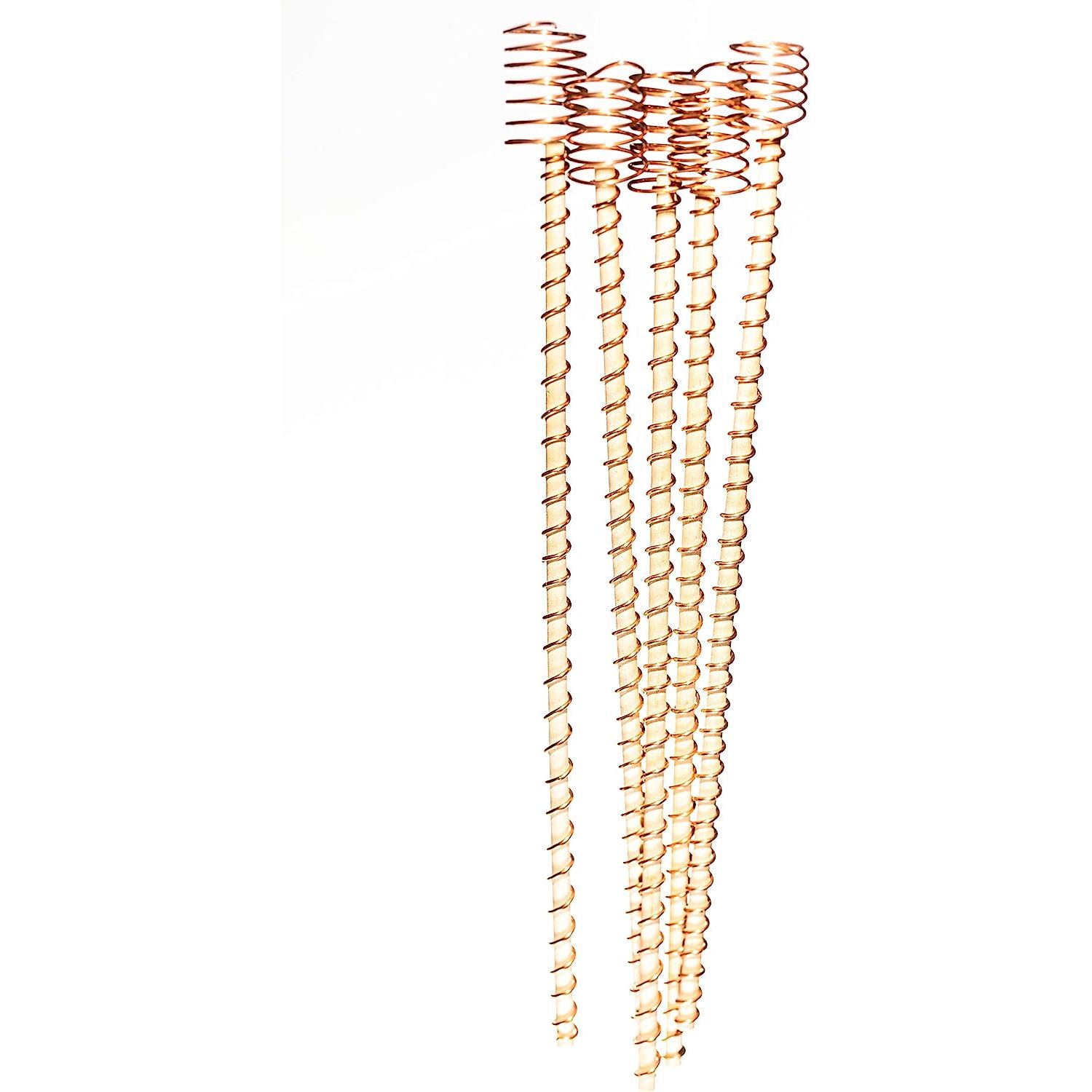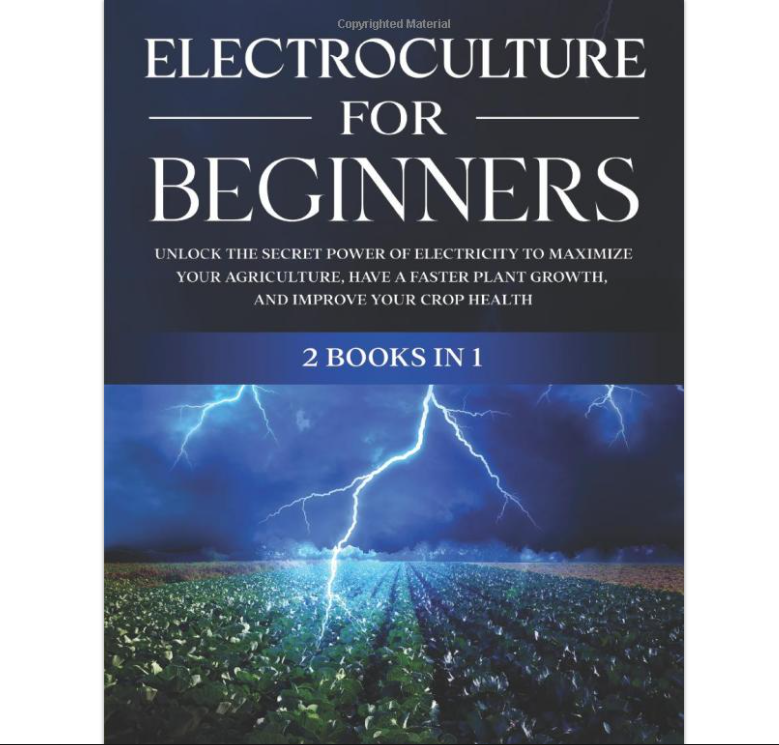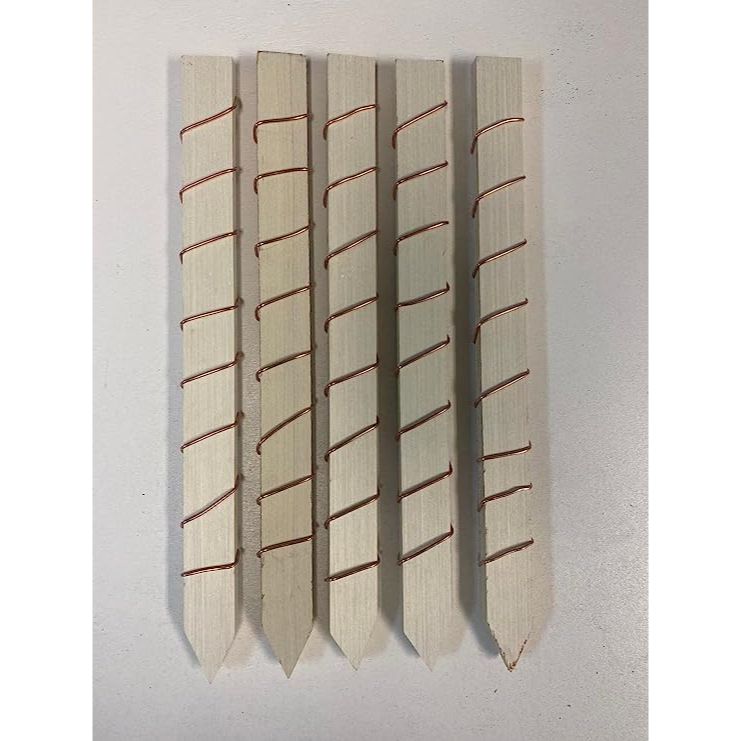What is Electro-Culture Gardening? This Centuries-Old Trick to Help You Grow Better Vegetables
The organic gardening trend is said to boost soil fertility and stimulate plant growth, and it isn't as complicated as it might sound

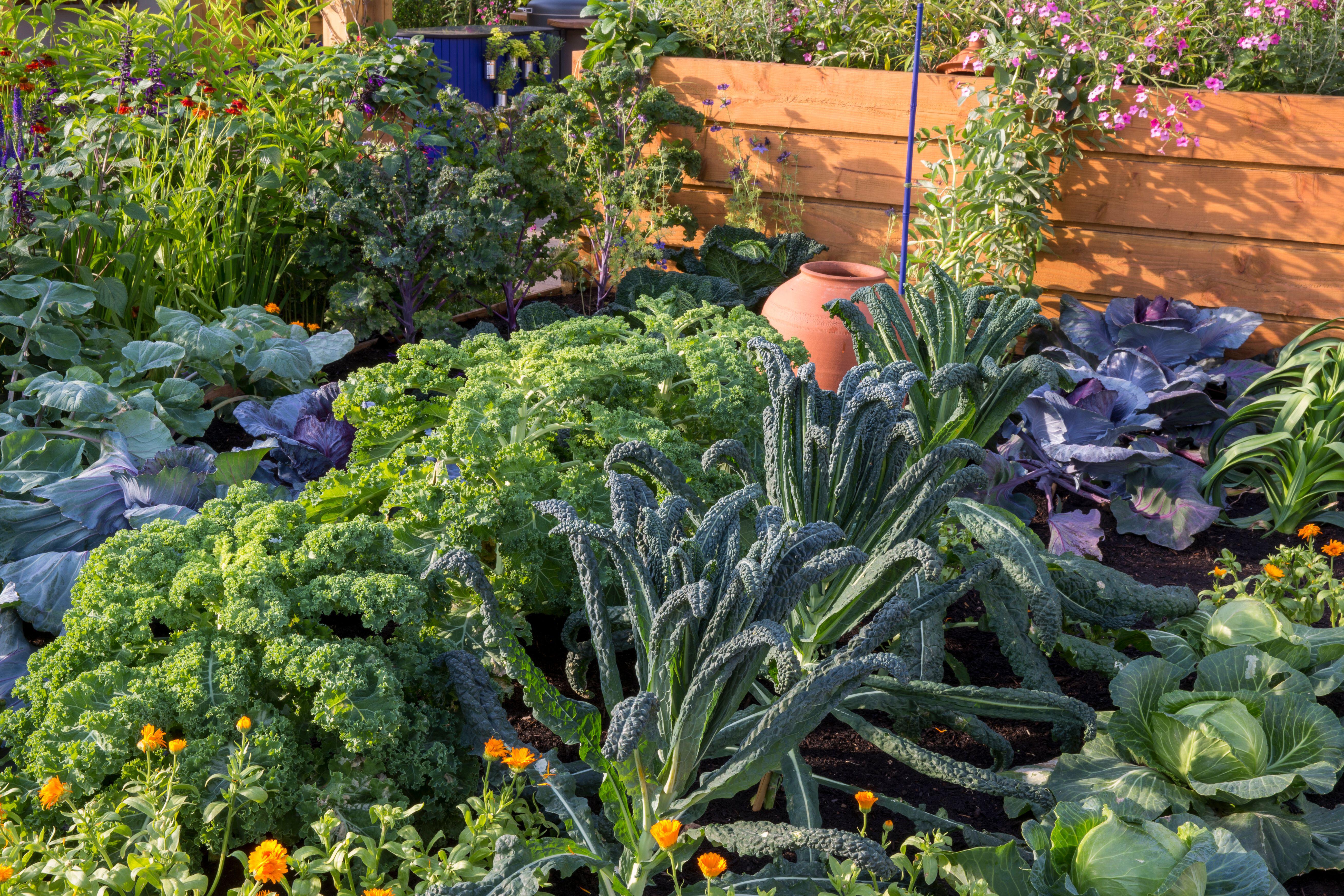
The Livingetc newsletters are your inside source for what’s shaping interiors now - and what’s next. Discover trend forecasts, smart style ideas, and curated shopping inspiration that brings design to life. Subscribe today and stay ahead of the curve.
You are now subscribed
Your newsletter sign-up was successful
Name me a gardener that doesn't want healthier crops. Whether it's an abundance of tomatoes or a rose bush full of huge bright blooms, our gardening egos are immediately boosted when our plants are looking - and tasting - their best. While there are a myriad of fertilizers out there that claim to give your plants the extra nourishment they need, there's a new organic method on the block, and it's one that requires very little upkeep at all. Its name? Electro-culture gardening.
It might sound technical, but this garden trend is actually pretty simple. The method makes use of electromagnetic fields to boost soil fertility and stimulate plant growth and no, it doesn't involve any complex wiring or expensive machines. All it takes is some galvanized stakes or some wooden dowels wrapped with copper wire which are then placed into your soil. The name might sound futuristic, but it's thought to date back to the 1700s.
If the concept isn't making much sense to you thus far, then fear not. We spoke with some seasoned gardening experts to find out how this clever gardening trick really works, how effective it is, and how to employ it in our own backyards. Here's what they had to say.
What is electro-culture gardening?
Electro-culture gardening is far less complicated than it sounds. Low-voltage electrical currents actually pass through soil naturally, but what electro-culture gardening essentially does is direct those electrical charges into your modern vegetable garden or flower beds through the use of a metal stake or wire.
'The technique is based on the concept that electrical currents can stimulate plant cells, increase nutrient absorption, and bolster their resistance to pests and diseases,' explains Tony O'Neill, a professional gardener and owner of Simplify Gardening. 'The technology varies, from simple galvanized stakes to more complex systems like capacitive coupling and pulsed electromagnetic fields.'
According to Lina Cowley, plant expert and blogger at Trimmed Roots, the concept of electro-culture is actually nothing new, but it's gained renewed interest in recent years as sustainable farming practices gain popularity. 'The basic principle behind the technique is that plants respond positively to certain frequencies and strengths of electrical currents,' she says. 'Additionally, electromagnetic fields created through electro-culture can positively influence microbial activity in the soil, promoting nutrient cycling and improving soil structure.'
What are the benefits of electro-culture gardening?

Boosting plant growth is one thing, but how does that actually translate to our backyards? Well, according to those in the know, it could mean anything from a greater crop yield to larger and fuller plants themselves.
The Livingetc newsletters are your inside source for what’s shaping interiors now - and what’s next. Discover trend forecasts, smart style ideas, and curated shopping inspiration that brings design to life. Subscribe today and stay ahead of the curve.
'The benefits of electro-culture gardening are diverse and exciting,' says Tony. 'These include improved crop yield, increased plant strength, and greater resistance to pests and diseases. The impact can vary depending on the type of plant, and some researchers and gardeners report that it even improves the taste of their produce.'
Of course, one of the great advantages of electro-culture techniques is that they rid the need for synthetic fertilizers or harmful chemicals. 'This makes it an appealing option for organic and sustainable farmers who prioritize environmental stewardship,' notes Lina. 'Additionally, electro-culture gardening may provide a solution for areas with poor soil quality or limited access to water. By enhancing nutrient uptake and water absorption, the technique can help plants thrive in challenging conditions.'
What are the disadvantages of electroculture?
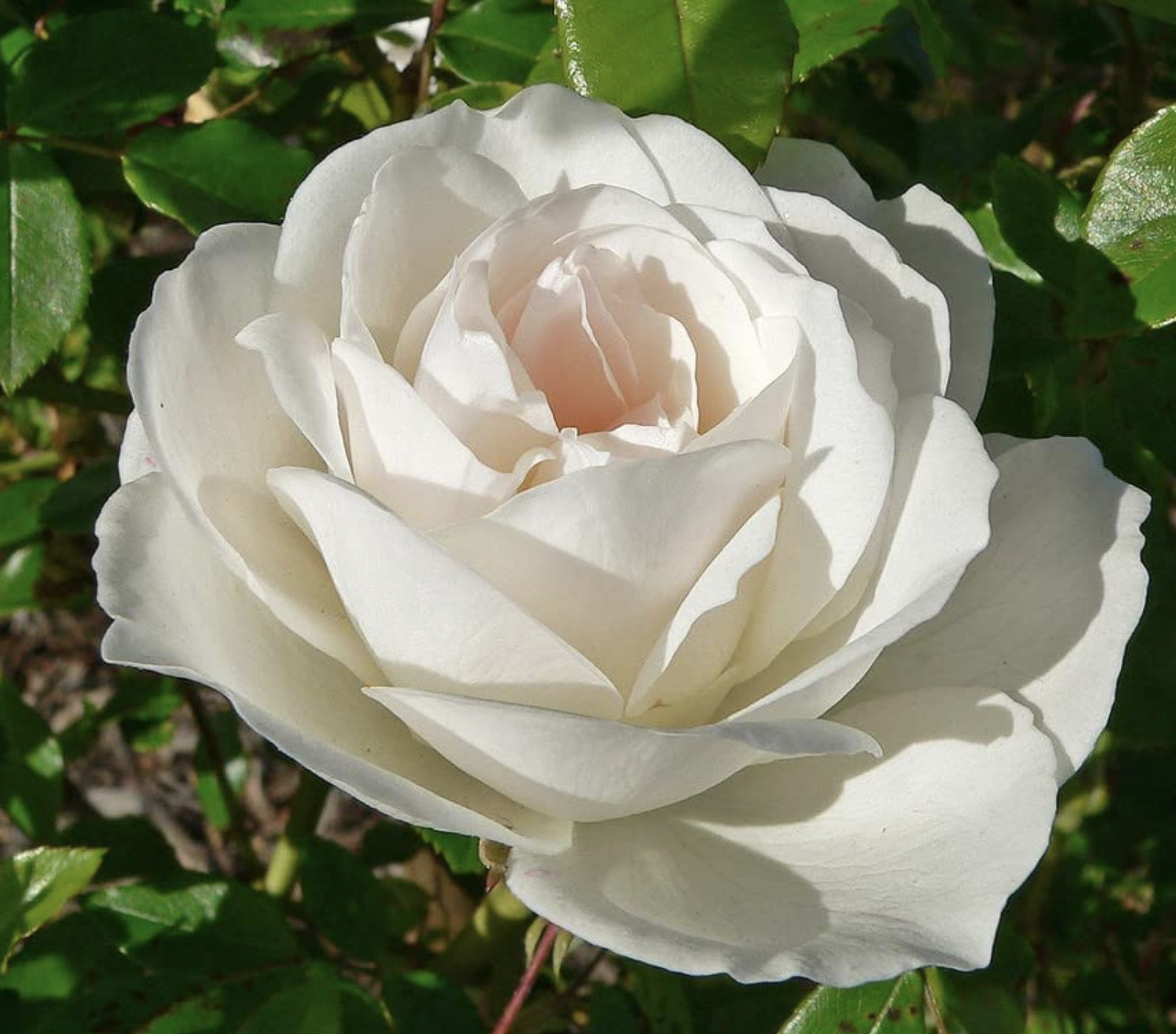
Now, we've tried and tested enough gardening hacks to know that there's no such thing as a perfect planting trick to solve all your woes, and electro-culture gardening isn't the magical solution to a never-ending healthy backyard. In fact, there are some instances where you might even want to avoid it in your modern garden completely.
'Certain types of plants, such as succulents or cacti, may not respond well to electrical stimulation and could be harmed by the process,' Lina says. 'Additionally, electro-culture may not be as effective in soils with high salinity or heavy metal contamination, so it's important to assess the specific needs of your plants and soil before implementing electro-culture techniques.'
Does electro-culture gardening actually work?
The efficacy of electro-culture gardening should also be taken with a pinch of salt. It's probably going to be a simple hack to make your roses look better, but if you're hoping to grow enormous prize-winning vegetables you'll need to be realistic about your expectations if you're relying on this technique alone. As Lina points out: 'Electro-culture is considered a complementary practice rather than a standalone solution, so it should be combined with other organic gardening methods to maximize its benefits.'
That said, research does suggest that this innovative planting trick is more than just a fad. 'Although further scientific research is required to substantiate its impact conclusively, the initial results from many gardeners are promising,' says Tony. 'Some see faster germination, improved yield, and greater resistance to diseases. However, I must stress that success with electro culture doesn't replace good gardening practices, but can be an effective adjunct to these methods.'
Want to harvest fuller, healthier, and tastier crops this fall? Give electro-culture gardening a go. Who knows - it could be the simple, budget-friendly boost that your backyard needs.
Ready to give electro-culture gardening a try?

Lilith Hudson is a freelance writer and regular contributor to Livingetc. She holds an MA in Magazine Journalism from City, University of London, and has written for various titles including Homes & Gardens, House Beautiful, Advnture, the Saturday Times Magazine, Evening Standard, DJ Mag, Metro, and The Simple Things Magazine.
Prior to going freelance, Lilith was the News and Trends Editor at Livingetc. It was a role that helped her develop a keen eye for spotting all the latest micro-trends, interior hacks, and viral decor must-haves you need in your home. With a constant ear to the ground on the design scene, she's ahead of the curve when it comes to the latest color that's sweeping interiors or the hot new style to decorate our homes.
